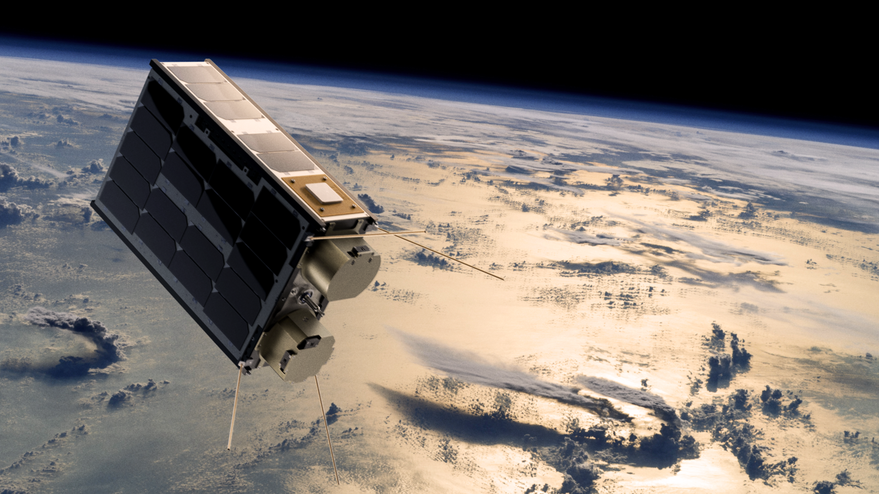SAN FRANCISCO – German launch services provider Exolaunch announced contracts June 29 to integrate NanoAvionics cubesats on SpaceX’s rideshare missions.
Under the agreements, Exolaunch is procuring the launch, handling integration and deploying in orbit two six-unit cubesats built by NanoAvionics, a Lithuanian nanosatellite manufacturer. The first NanoAvionics cubesat covered by the new contract is scheduled to reach orbit on a SpaceX Falcon 9 dedicated rideshare mission in December 2020. The second is schedule for a 2021 SpaceX flight.
“We are glad to be collaborating with Exolaunch on these upcoming satellite launches,” Vytenis Buzas, NanoAvionics CEO and co-founder, said in a statement. “The company is an experienced and trusted partner that responds well to our needs. Not only do they provide deployment systems with a solid flight heritage, but their flexibility towards offering the most suitable launch solutions is extremely valuable to our company and customers.”
Exolaunch announced its first contract in April to send customer satellites on the December 2020 Falcon 9 rideshare flight.
“Exolaunch has numerous international customers who already signed up for this mission,” according to the June 29 news release. “Recently the company extended its contract with SpaceX for an additional ESPA port.” (ESPA is a rocket adapter for secondary payloads.)
“We quickly filled the slots procured on SpaceX’s first dedicated rideshare launch this year,” Exolaunch Commercial Director Jeanne Medvedeva told SpaceNews. “We’ve now started procuring capacity on Falcon 9 rideshare launches in 2021.”
NanoAvionics, a spinoff of Lithuania’s Vilnius University, has established facilities in Vilnius, the United Kingdom and the United States to satisfy growing demand for small satellites.
NanoAvionics is under contract to build five nanosatellites for Sen, a British company planning to stream high-definition video of Earth. A consortium of Norwegian and Dutch research centers hired NanoAvionics to build two nanosatellites for space-based spectrum monitoring. In addition, Thales Alenia Space selected NanoAvionics to manufacture the first two satellite buses for the Omnispace’s internet-of-things constellation.
Exolaunch plans to conduct mechanical testing prior to launching the NanoAvionics cubesats at its Berlin, Germany, headquarters, before integrating the satellites with SpaceX launch vehicles at Florida’s Cape Canaveral. The NanoAvionics satellites will be integrated on a Falcon 9 ESPA port and deployed in orbit using Exolaunch’s EXOpod cubesat deployer, according to the news release.
